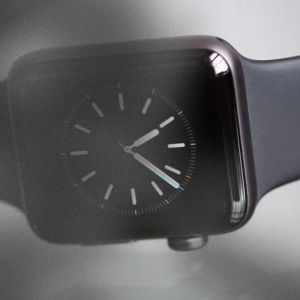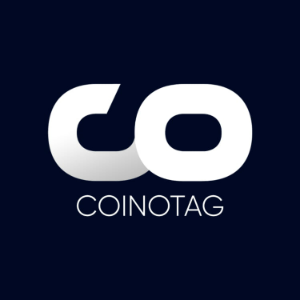Apple asks court to lift ban on oxygen-tracking Apple Watch
3 min read
Apple is intensifying its legal push to overturn a ruling that could force the company to stop selling certain Apple Watch models with blood oxygen monitoring features in the US. The tech behemoth urged the US Court of Appeals for the Federal Circuit to reverse a 2023 US International Trade Commission (ITC) determination that Apple had infringed on patents of medical device producer Masimo. Due to their use of pulse oximetry technology, the ruling could effectively ban imports of the Apple Watch Series 9 and Ultra 2, two of Apple’s latest models. Apple attorney Joseph Mueller of WilmerHale said the ITC ruling had a devastating impact on Apple Watch users. He said millions of Apple Watch users were blocked from a popular health feature. Mueller also contended that Masimo’s product was still in the prototype stage when the lawsuit was filed in 2021. The clash concerns the blood-oxygen sensor Apple rolled out with its Series 6 watches in 2020. Masimo said that Apple copied this technology after it had been informed about it during discussions ahead of past collaboration. Masimo defends its patent victory Masimo, a California-based medical technology company, has accused Apple of using unfair practices to gain an edge in the emerging market for health-related wearable devices for years. Apple was in talks with Masimo in 2013 to collaborate on health monitoring features. Still, instead of coming to terms with it, Apple reportedly snapped up some of Masimo’s staff and brought Masimo’s pulse oximetry technology in-house, Masimo says. Masimo introduced its smartwatch, the W1, in 2022 after Apple introduced its models with blood-oxygen tracking. However, Masimo insists that its intellectual property was violated months before the W1 was released. Two years later, the ITC sided with Masimo in a decision that Apple violated its patents. In late December 2023, the ruling resulted in a brief cessation of Apple’s ability to sell its most current watch series in the US. Apple promptly requested a temporary block on the ban, allowing it to continue sales. However, the court reinstated the ban in January 2024, prompting Apple to strip the blood-oxygen-sensor feature from the models in question in the US. Masimo’s attorney, Joseph Re of Knobbe Martens Olson & Bear, said the ITC ruling was justified. He argued that Apple was trying to rewrite the law by claiming that a final, market-ready product must exist to enforce a patent violation. He added that this was not how patent protection works. Judges scrutinize fairness of the ITC ruling At an appeals court, a three-judge panel indicated a strong interest in the timing of events. At the heart of the preliminary investigation was whether Masimo had a product with adequate standing to trigger the ITC’s trade-related enforcement capabilities in 2021. Apple had argued the ban was unjustified because Masimo possessed only prototypes at that point. Apple argues that the ITC’s trade protection rules are intended to stop unfair competition with real products, not ideas that aren’t real yet. Masimo pushed back, contending that its domestically produced rival was sufficiently advanced that there wasn’t even close to what the statute calls an “end product” and that the agency doesn’t need a finished product for it to act. The judges did not rule immediately, but they hammered both sides with rapid-fire questions about product readiness, patent rights, and how to balance protecting innovation and encouraging consumer access. The court’s ultimate decision could create an important precedent for resolving patent disputes when emerging technologies coincide. Should the court rule in Apple’s favor, it could hamper the ability of companies like Masimo to wield the ITC to block imports of partially developed devices. If the ban is upheld, tech companies may have to reconsider how they strike partnerships and leverage the innovation of third parties. Cryptopolitan Academy: Tired of market swings? Learn how DeFi can help you build steady passive income. Register Now

Source: Cryptopolitan



